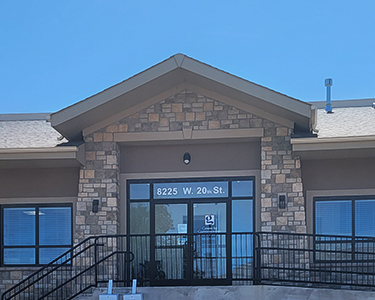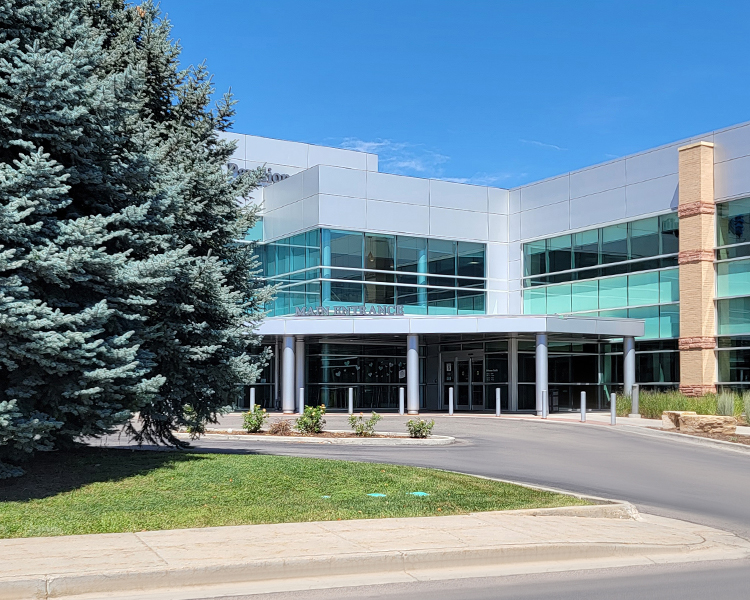Quick Links
When patients experience a variety of symptoms, including abdominal discomfort, jaundice, and unexplained bleeding, they may be suffering from a condition or issue in the gastrointestinal tract (GI tract). Because many gastrointestinal issues have similar symptoms, it is important to consult with a member of our expert team to diagnose the cause of the issue. On the other hand, there are gastrointestinal conditions that may not cause noticeable symptoms. For this reason, regular screenings are important. Fortunately, our team at Centers for Gastroenterology is well-equipped and trained to provide screenings, diagnoses, and treatment for a large range of GI issues and conditions, ensuring that optimal care is achieved for our patients.
What is the Gastrointestinal Tract (GI Tract)?
The gastrointestinal tract is a key component of the digestive system, which helps your body process and digest foods or liquids. The GI tract is composed of several organs that merge to form a tube, spanning from the anus to the mouth. The GI tract is made up of the esophagus, mouth, stomach, the small and large intestines, and the anus. The pancreas, gallbladder, and liver also play a major role in the function of the digestive system.
The digestive system is essential in maintaining overall health. It serves to deconstruct nutrients so that they can be absorbed by your body and provide functions like cell repair and energy. Every part of the digestive system must work properly and in accordance with the others to move material through the body.

Gastrointestinal Diseases
Gastrointestinal diseases can occur anywhere along the GI tract and produce a wide variety of symptoms. The two main types of diseases, structural and functional, produce different effects.
Functional diseases may not be associated with any noticeable outward symptoms. There may be no obvious abnormalities, but a part of the GI tract is not functioning normally. Functional diseases encompass a range of common conditions, including irritable bowel syndrome (otherwise known as IBS), bloating and discomfort, diarrhea, and constipation.
Structural diseases occur when abnormalities can be detected during an examination. Structural diseases may require surgery to produce long-term relief. They encompass several conditions, including hemorrhoids, polyps, strictures, cancer, and diverticular disease.
Our expert team is equipped to diagnose all types of GI diseases and conditions, ensuring that you can begin your journey toward improved well-being.
Contact Us Today to Talk About GI Issues
If you’re concerned about symptoms you or a loved one may be experiencing, Centers for Gastroenterology would love to help ease your mind and work with you to develop a plan of treatment. Contact us today to schedule an appointment for a consultation with one of our experienced physicians.







